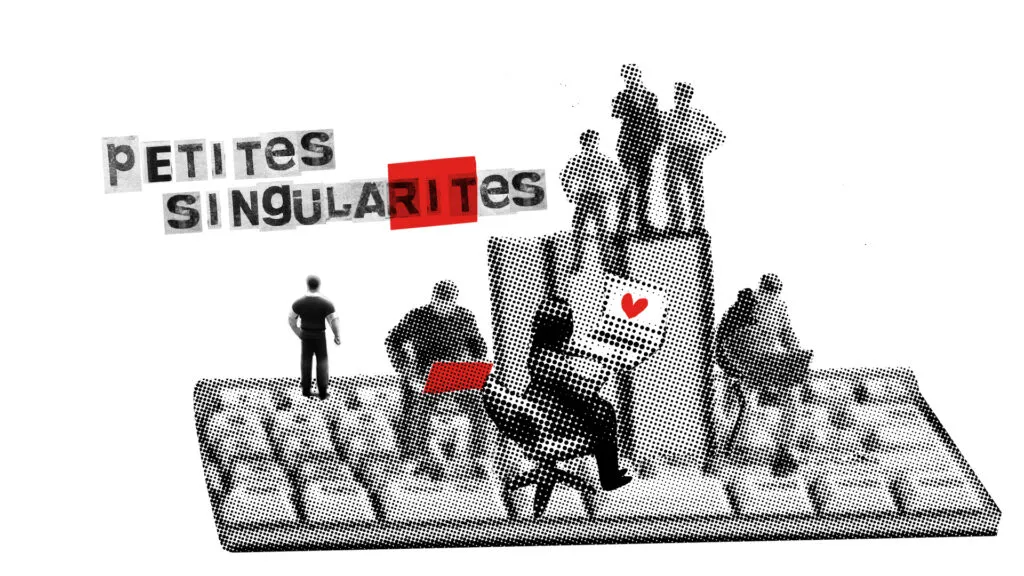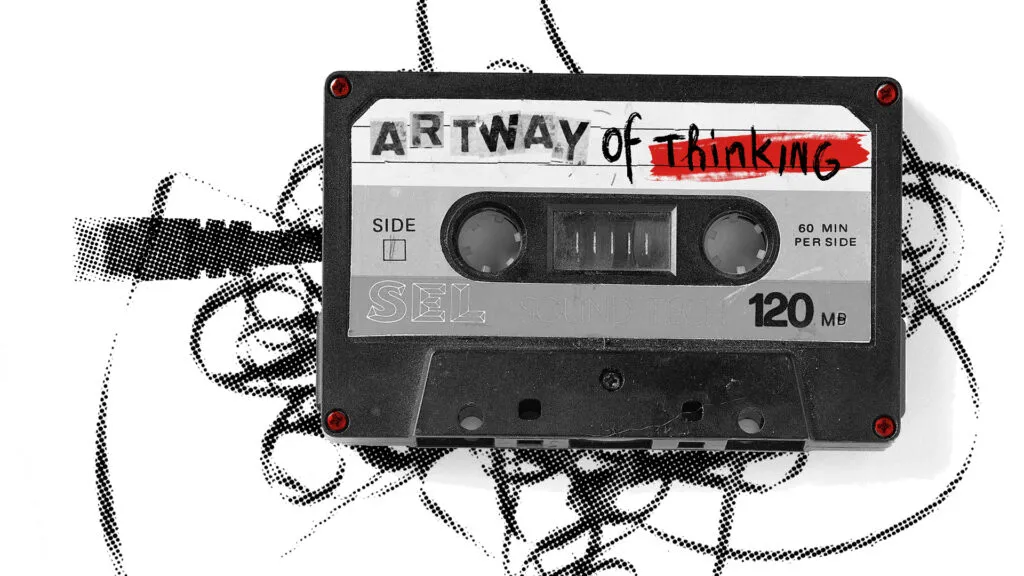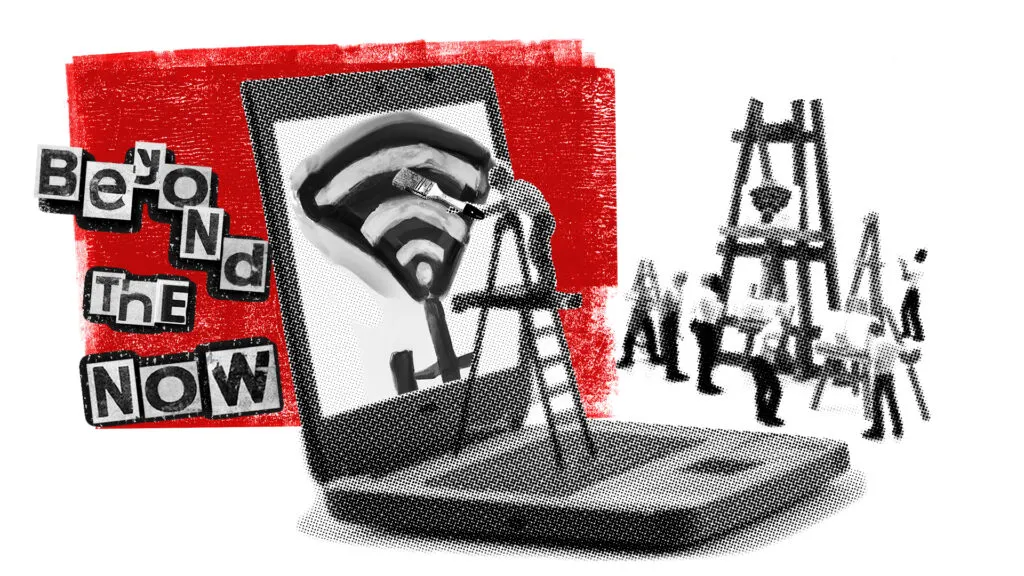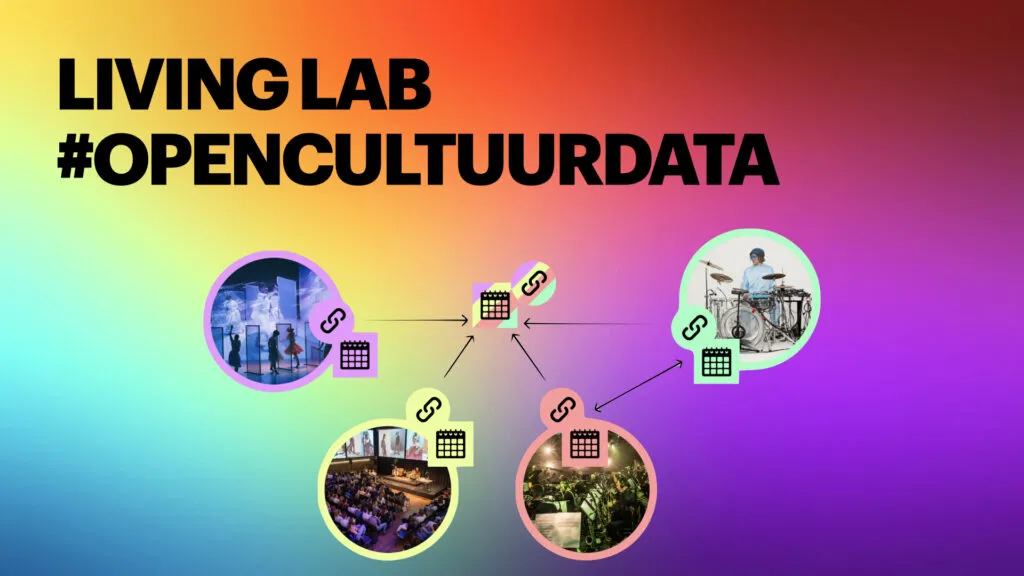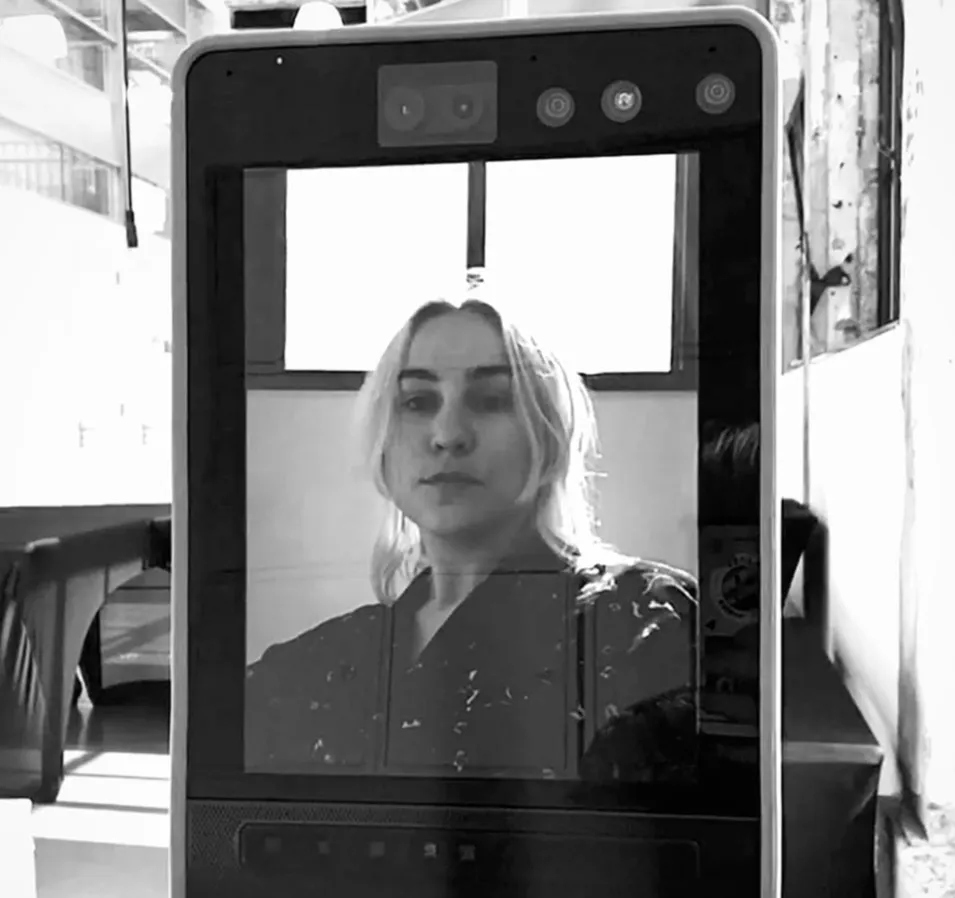Many thanks to our talented illustrator Julia Veldman C. for creating the image above.
This time on #Librecast: Les Petites Singularités is a non-profit association in Brussels that facilitates transdisciplinary conversations and events that question the status quo about digital space. An initiative at the nexus of the arts, free software production, philosophy and political activism. We sat down with natacha (who prefers to write her first letter in lower case), co-founder of Les Petite Singularités, to discuss the ways Les Petite Singularités facilitates sovereign media distribution and the use of free software.
Les Petites Singularités started as a long dialogue and communal thinking process among likeminded peers, based around books like Cost of Freedom from Henry Christopher Wallich. In November 2015, what was to become Les Petites Singularités, held a booksprint in support of late Syrian-Palestinian Internet and Creative Commons activist Bassel Khartabil. This led to Your Way, a political booklet which proposes new ways of working together on free software production, focusing on human organization and dynamic processes involving a broad scope of participants, from programmers themselves to people using the software. The official founding in 2017 then stemmed from a shared understanding and a joint interest in the arts, free software production, philosophy and political activism. PublicSpaces spoke to co-founder natacha, who writes her name with a lower case as an ode to feminist scholar bell hooks.
Free software as a collective force
Since 2020, Les Petites Singularités has annually been organizing OFFDEM: an intersectional festival in response to the takeover of the free software community by global surveillance corporations. OFFDEM facilitates a gathering between those engaging with collective practices & free technologies production. As natacha points out: “OFFDEM deliberately happens in person and not online, as it proposes various ways to work together without abandoning our community spaces to corporations with opposite interests”.
Next to OFFDEM, the group has been hosting THX, an annual writing residency that allows participants to explore free technology production and collective practices. Les Petites Singularités produces all of its books with free software, like Discourse, HedgeDoc, Emacs, LaTeX, Pandoc, Inkscape, and LibreOffice. Working closely with free software developers has provided them with a lot of knowledge and tools evolving around the various aspects of book trade. As natacha explains: “We are continuously exploring new techniques and practices from our own experience.” At THX, these insights are shared with publishers, librarians, booksellers, brokers, distributors, printers and more.
Another project natacha mentions is Jeu Vide-A: a feminist exploration of video games. It tries to answer the question: what would a feminist video game look like? From the conceptual and graphical design to the programming, Jeu Vide-A involves collective work at a critical deconstruction of what makes great video games in the industry. This initiative is currently building HeLa Game, a Free Art License game inspired by the story of Henrietta Lacks and her “immortal cells” that have been used in medical labs around the world to test medicines and vaccines; the game is built with Godot Engine, and is always looking for women to engage in this exploration.
Les Petites Singularités seeks to create sovereignty in media use and distribution by using free and open options. In natacha’s words: “We always use free software in everything that we do. We consider free software as a technically distinct mode of production than proprietary software, and we try to make others understand that difference”. Free software is not the same as open source: open source is a code that is designed to be publically accessible and can be distributed to everyone and modified by everyone, but it is not necessarily free.
Changing the way we understand digital technology
“The notions and assumptions behind our technology need to be carefully thought out ahead of the actual developments. Moreover, these discussions need to happen in a larger community than only the programmers’ originating the project.” natacha explains. This is why Les Petites Singularités is facilitating larger conversations about software and technique, engaging both people in society who contribute to the making of software as well as those who are using it.
“In today’s world, we’re all very disassociated from each other and in our own bubble. But reaching out and working collectively can really make a difference.” natacha points out. A communal approach to digital technology would certainly require other tools than the centralized big tech options that dominate the digital realm. “In this way, web platforms can become powerful tools for social and political organization.” she adds.
Open and free online standards play a key role in this, natacha explains; “Open and free standards will be the only way to bring back the decentralized quality of the Internet while maintaining a functional system based on multiple softwares that preserve different forms of compatibility and interoperability. In this way, I hope that decentralization and free software will lead to more diversity and accessibility online.”
Talking about accessibility, natacha explains how this is often lacking in real world events about the topic. “A good example of this is IETF (that stands for Internet Engineering Task Force), a public body where open and free technical standards are discussed and where everyone can in theory participate. Yet, as it involves meeting three times a year in very chic hotels all over the planet, it is hardly accessible. In the long run, only big corporations can afford to send employees over for such meetings to represent their interest.”
natacha explains that it is vital that free software contributors have a strong representation at spaces like IETF. At present, there is no European free software representative that could defend the Digital Interoperable Public Space. This could certainly be the object of a delegation of entities engaged into an EU consortium. “Such a structure could help advocate for open and free standards. It would certainly make a much better interlocutor to the EU parliament than surveillance capitalist giants who come with rulings to their advantage. In all cases, open and free standards should unconditionally be supported by institutions at the service of the general interest”, she argues.
Building something radically different
Les Petites Singularités puts forth that free software programmers should start with building on the strength of real world communities, and focus on what community software can do that corporations cannot, instead of trying to reproduce big companies’ successful software. When software is made to serve the people, they argue, it becomes emancipating and enticing. “Once free software stops mimicking dissociative proprietary software, programmers can engage in other ways to collaborate and make tools that did not happen before. Such tools appear all the time, but so much energy is wasted on trying to match what the big ones are doing because it is perceived as the only possible model that fits the user’s demands. As a result, only a handful of people in the field are working on actual alternative initiatives that radically break with the status quo. We really should focus more on ideas as opposed to proliferation.”
Shaping a new ecosystem for public space
Since 2018, Les Petites Singularités has a mentorship role in the Next Generation Internet Zero (NGI0) European consortium that involves 14 partners from the free software community. It is a way to engage with hundreds of free software projects to help them with the difficulties of dealing with day-to-day issues that can appear beyond the code, as your software grows.
“There was no voice coming from the free software community with a critical approach to technical development. Yes, some developers are engaged with social issues, but many feel apolitical.” natacha explains. It is also often also a case of “too little, too late”, according to her; “NGI0 achieved to bring together a lot of involved members of the free software community, but that included a larger number of programmers and projects that were in dire need for financing in the previous decade.” Not all hope is lost however, according to her: “There is so much we can still do, and I think we should focus on work that can be done at community level, to empower and support the development of software projects that form an ecosystem for public space.”
As part of the NGI zero project, Les Petites Singularités has also taken a mentoring role for digital pioneers. This is highly needed, since, as natacha emphasizes, most developers are pretty much autonomous with their projects, and like it that way. But beyond the technical qualities of free software, there is an important social aspect to it. This social commitment to free software is often being taken for granted since it is commonly self-organized through community spaces, developer spaces and developer camps. “Political issues are often dismissed on the grounds of libertarian ideology. But we think times have changed and it is now the moment to collectively affirm the commitment to a Digital Public Space.”
You can stay up to date about the work of Les Petites Singularités through their online forums, of which https://ps.zoethical.org is the main hub. Their work forum is open and free, all publications are distributed under the Free Art License. You are encouraged to participate by email or Matrix.
